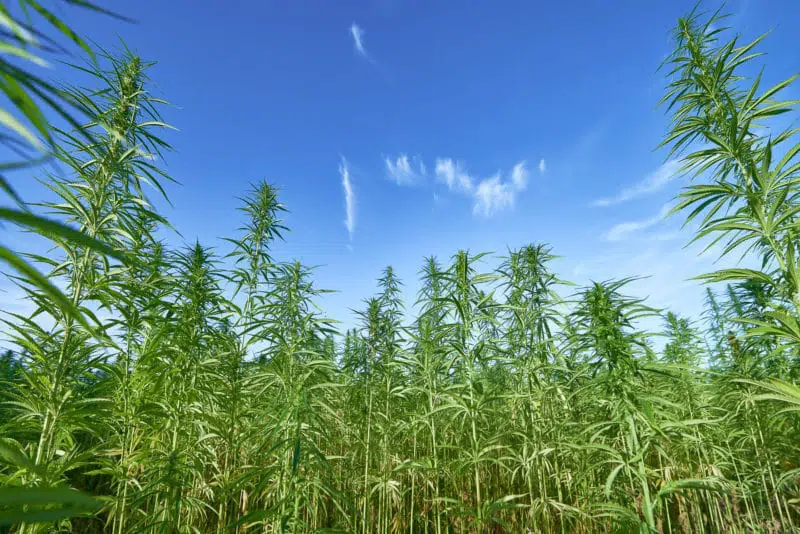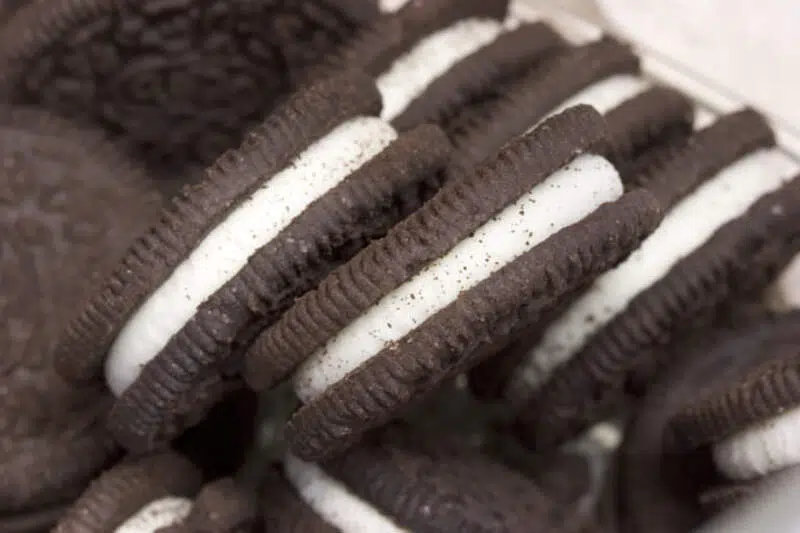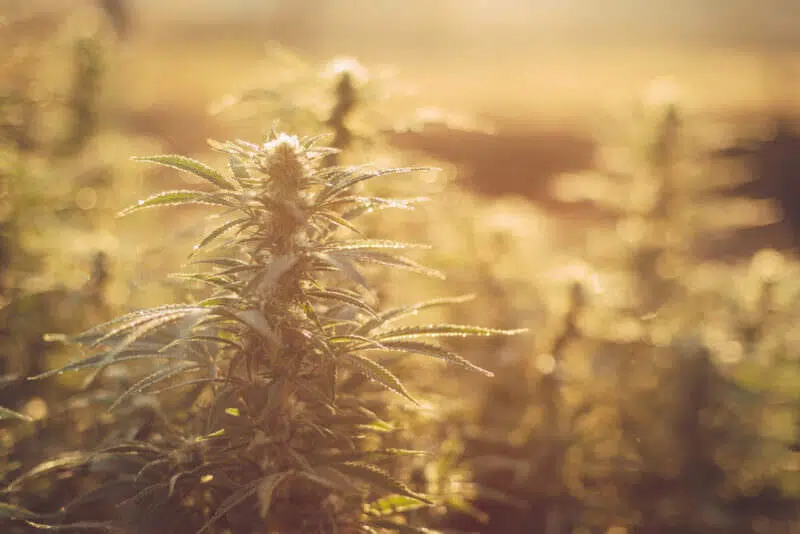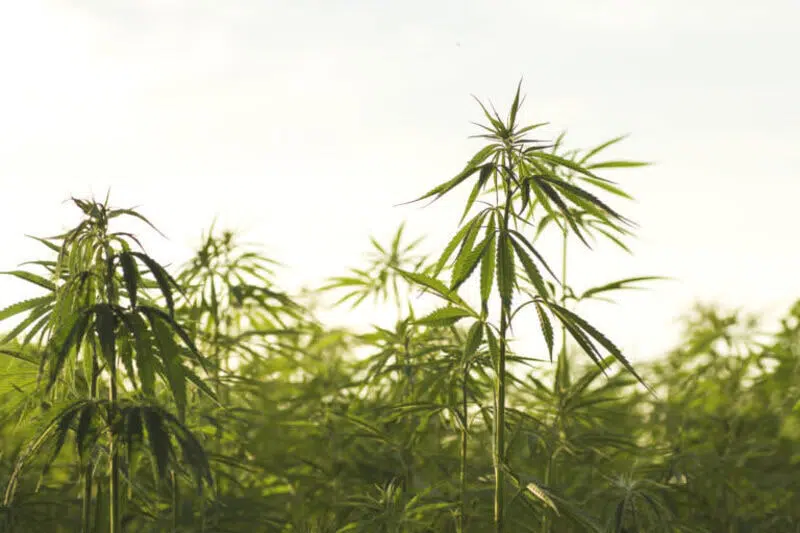-
- Market Research
- |
- CBD Near Me
- |
- Giveaways
- |
- Newsletter
- |
- Contact
- |
- Advertise
- |

Table of Contents
Here are this week’s biggest CBD news stories:
- Kroger has announced it is now selling CBD products in over 900 stores across 17 states.
- Texas Gov. Greg Abbott signed a bill into law that legalizes hemp farming and the sale of hemp-derived CBD products.
- USPS has released a new policy that confirms hemp-derived CBD is legal to mail.
- A Gallup poll reveals 4 in 10 people believe CBD should be available over-the-counter.
Table of Contents
- Kroger Now Selling CBD Products
- Texas Legalizes Hemp Production and CBD Sales
- USPS Says Hemp-Derived CBD is Legal to Mail
- Poll: 4 in 10 Say CBD Products Should Available Over-the-Counter
Kroger Now Selling CBD Products
Kroger, the United States’ largest supermarket chain by revenue, announced on Monday that it would start selling CBD products.
For now, Kroger will sell CBD creams, balms, and other topical products, steering clear of the more controversial food products.
CBD products will be sold in 945 stores across 17 states, which include: Arizona, Arkansas, Colorado, Illinois, Indiana, Kansas, Kentucky, Michigan, Missouri, Nevada, Oregon, South Carolina, Tennessee, West Virginia, Washington, Wisconsin, and Wyoming.
Kroger joins a growing list of national retailers have decided to sell CBD, such as Walgreens, CVS, Rite Aid, The Vitamin Shoppe, and GNC.
“Like many retailers, we are starting to offer our customers a highly-curated selection of topical products like lotions, balms, oils and creams that are infused with hemp-derived CBD,” said a Kroger spokeswoman in a statement to CNBC.
Topicals are less likely to attract the ire of the FDA since the agency has made clear that it considers CBD-infused food and beverages, which includes supplements, illegal since CBD is used as a drug in the medication Epidiolex.
However, the FDA recently held a public hearing to provide regulators with more information about CBD as they create a regulatory framework around the compound.
The decision by Kroger, as well as pharmacies like Walgreens and CVS, to sell CBD comes as retailers are attempting to stave off competition and online business.
Texas Legalizes Hemp Production and CBD Sales
On Monday, Texas Gov. Greg Abbott signed House Bill 1325 that legalizes the production of hemp and sell of CBD products in the state, which is effective immediately.
“I am excited that we have taken one more step towards giving producers in Texas the opportunity to grow hemp,” said Agriculture Commissioner Sid Miller in a statement.
“I am making sure Texas will be a leader in hemp production, and we will be submitting our plan and writing rules to follow the 2018 Farm Bill and the law recently enacted in Texas.”
The Lone Star State first made strides toward legalization when hemp was removed from the state’s controlled substances list in April.
Since then, HB 1325 has moved efficiently through the legislature, meeting little to no resistance in either chamber.
The bill requires farmers to obtain a license to grow hemp from the Texas Department of Agriculture, while hemp-derived foods will be regulated by Texas Health and Human Services, including CBD products.
Hemp production is expected to begin in 2020, once the US Department of Agriculture has finished its hemp regulations and approves of Texas’ plan.
CBD products are immediately legal, assuming they contain less than 0.3% THC.
Until now, CBD sellers were operating in a legal gray area.
Some retailers had their CBD products confiscated because the police believed they were marijuana.
Now that state law is clear, sellers should presumably not have to fear raids, as long as the products they sell abide by Texas regulations.
USPS Says Hemp-Derived CBD is Legal to Mail
The United States Postal Service has released a new policy that confirms hemp-derived CBD is legal to mail under certain conditions.
Back in March, the USPS released an advisory clarifying that hemp-derived CBD is mailable if it meets the requirements in the 2014 Farm Bill.
The 2014 legislation forced manufacturers to register with the state and use hemp that was only for research purposes.
In April, the US Hemp Roundtable sent a letter to the USPS claiming that this policy was “overly restrictive” and suggesting mailability criteria to align with the 2018 Farm Bill’s provisions.
General Counsel for the Roundtable, Jonathan Miller, suggested mailers provide “a signed self-certification statement” and test results confirming the products do not contain more than 0.3% THC.
USPS simplified their policy more than the Roundtable requested, only requiring that a mailer complies with all federal, state, and local laws concerning hemp, and retain documents proving compliance for up to two years.
Here’s what the new USPS policy states:
“Hemp and hemp-based products, including cannabidiol (CBD) with the tetrahydrocannabinol (THC) concentration of such hemp (or its derivatives) not exceeding a 0.3 percent limit are permitted to be mailed only when:
a. The mailer complies with all applicable federal, state, and local laws (such as the Agricultural Act of 2014 and the Agricultural Improvement Act of 2018) pertaining to hemp production, processing, distribution, and sales; and
b. The mailer retains records establishing compliance with such laws, including laboratory test results, licenses, or compliance reports, for no less than 2 years after the date of mailing.”
The Roundtable billed the change as a win for hemp and CBD.
“Big kudos to USPS attorneys for their responsiveness and their simple, common sense response to the 2018 Farm Bill’s permanent legalization of hemp and hemp-derived CBD,” said the US Hemp Roundtable.
Poll: 4 in 10 Say CBD Products Should Available Over-the-Counter
In a recent Gallup poll about CBD, nearly four in 10 American adults think CBD products should be available over-the-counter.
Additionally, 21% of Americans believe CBD should be available only by prescription, while 2% said it should not be available at all.
The remaining 36% said they were not familiar with CBD.
Among those who were familiar with CBD, those who believed it should be available over-the-counter shot up to 61%, 33% said it should be available by prescription, and 4% said it should not be available.
Overall, Americans were aware of CBD, but the degree of familiarity varied as 14% were “very familiar” with CBD, 33% were “somewhat familiar,” and 17% were “not too familiar.”
Familiarity was fairly consistent across all age groups, except for those over 65.
About half of the 65 and up demographic was familiar with CBD, while nearly two-thirds of the other three age groups were familiar with the compound.
Concerning CBD’s benefits, 92% of Americans believed CBD had at least a few benefits.
More specifically, 33% of respondents said CBD had “a lot of benefits,” and 45% said it had “some benefits.”
Among those “very familiar” with CBD, 64% said it has “a lot of benefits.”







